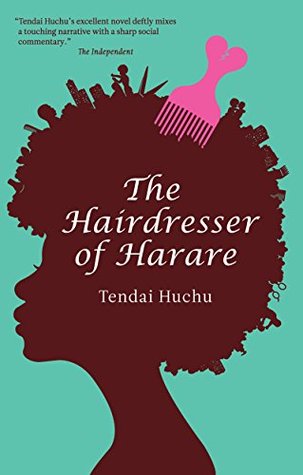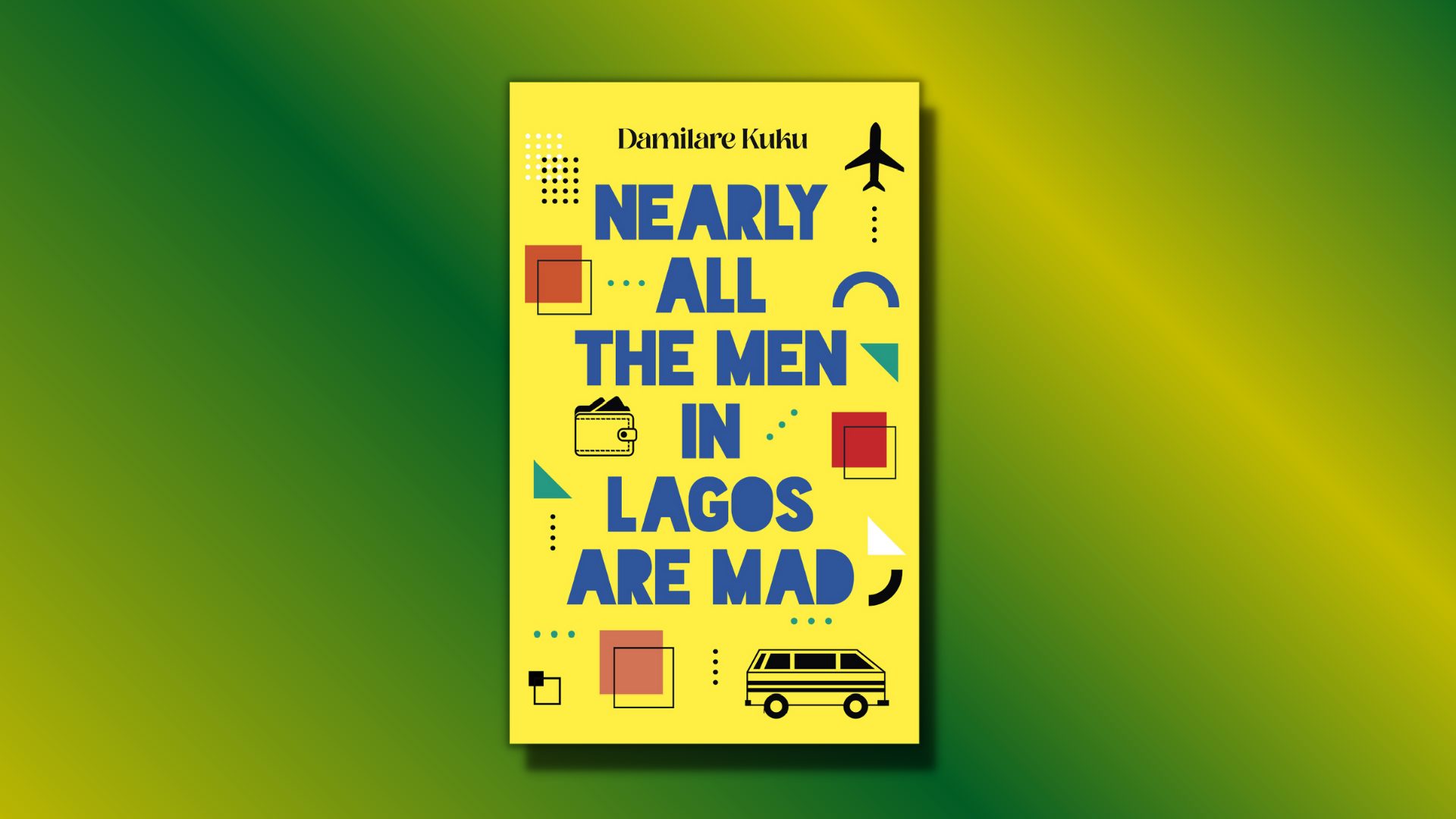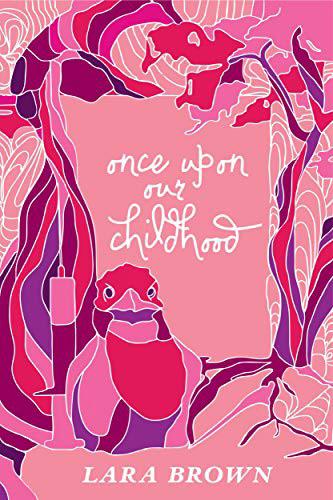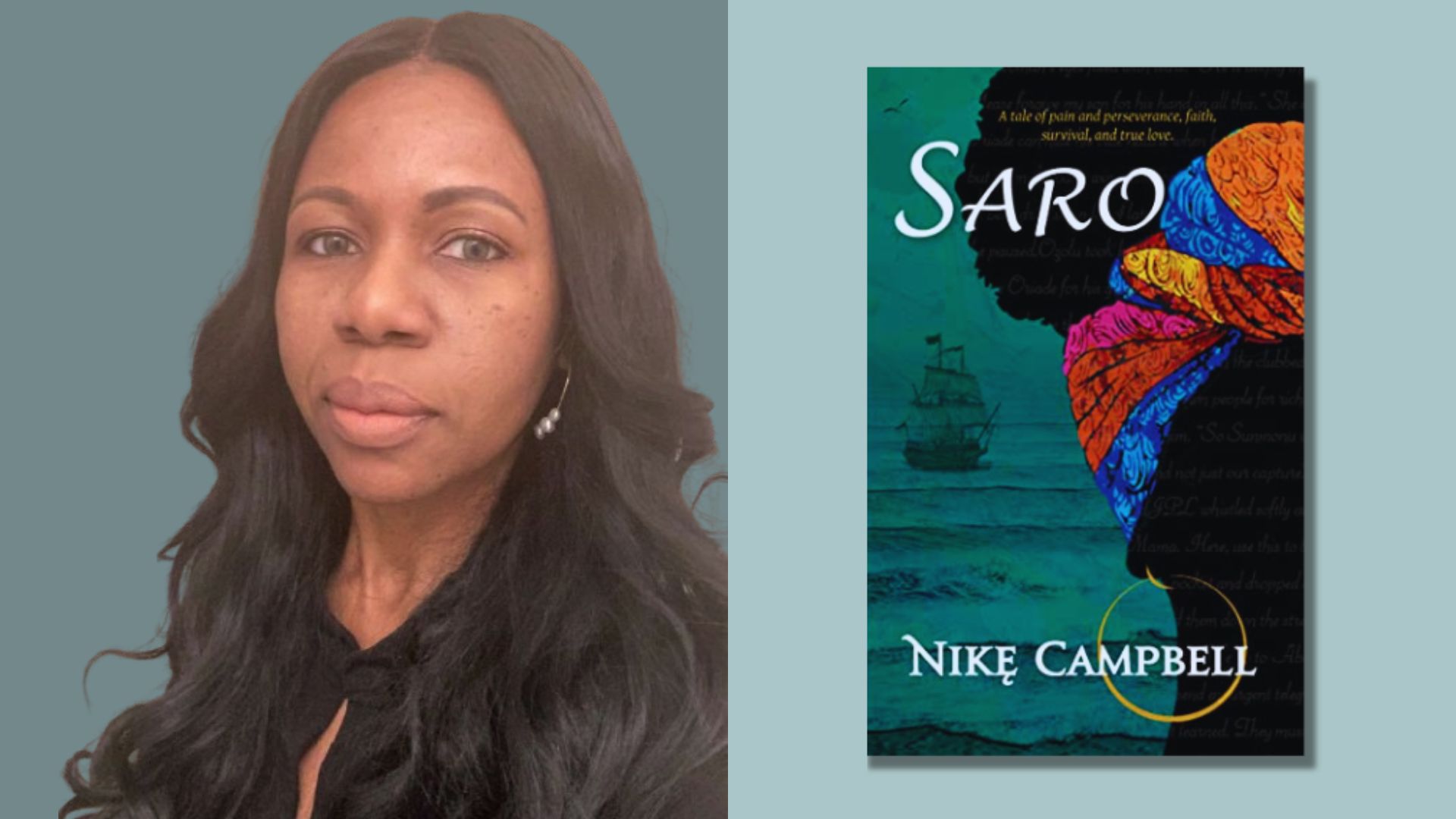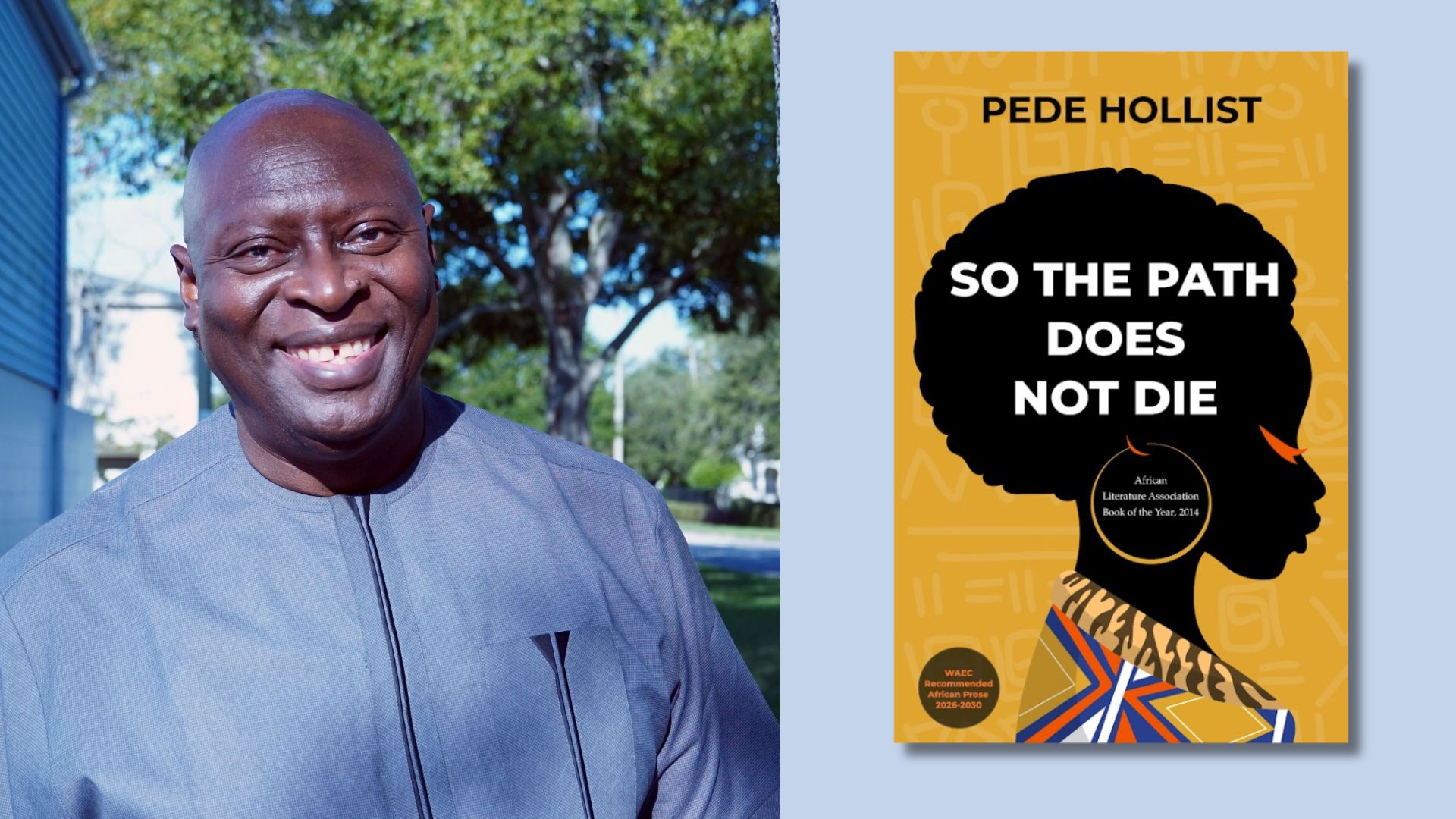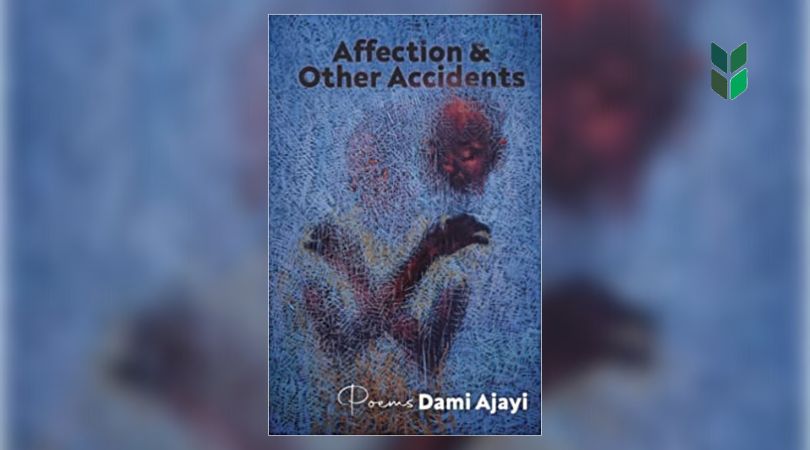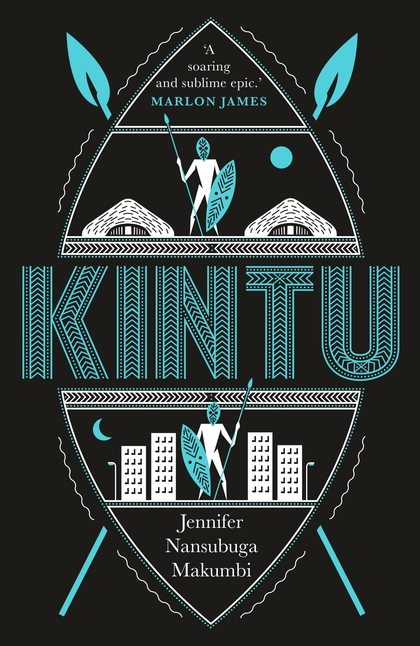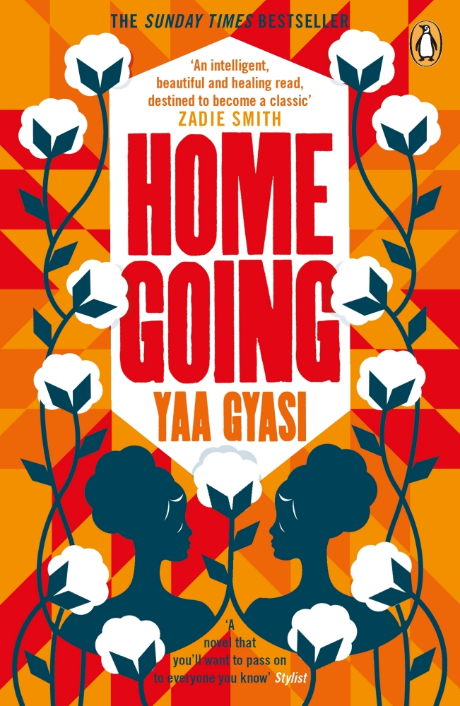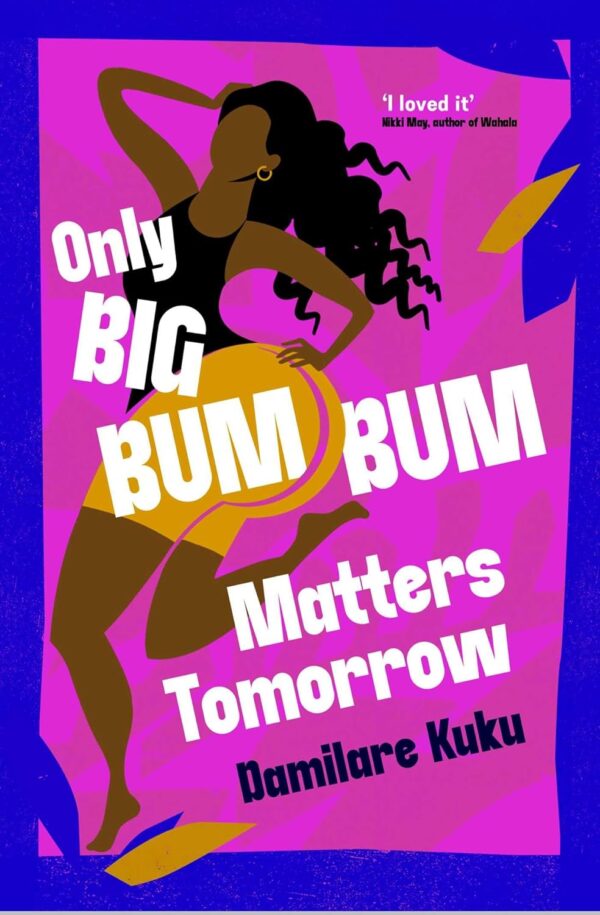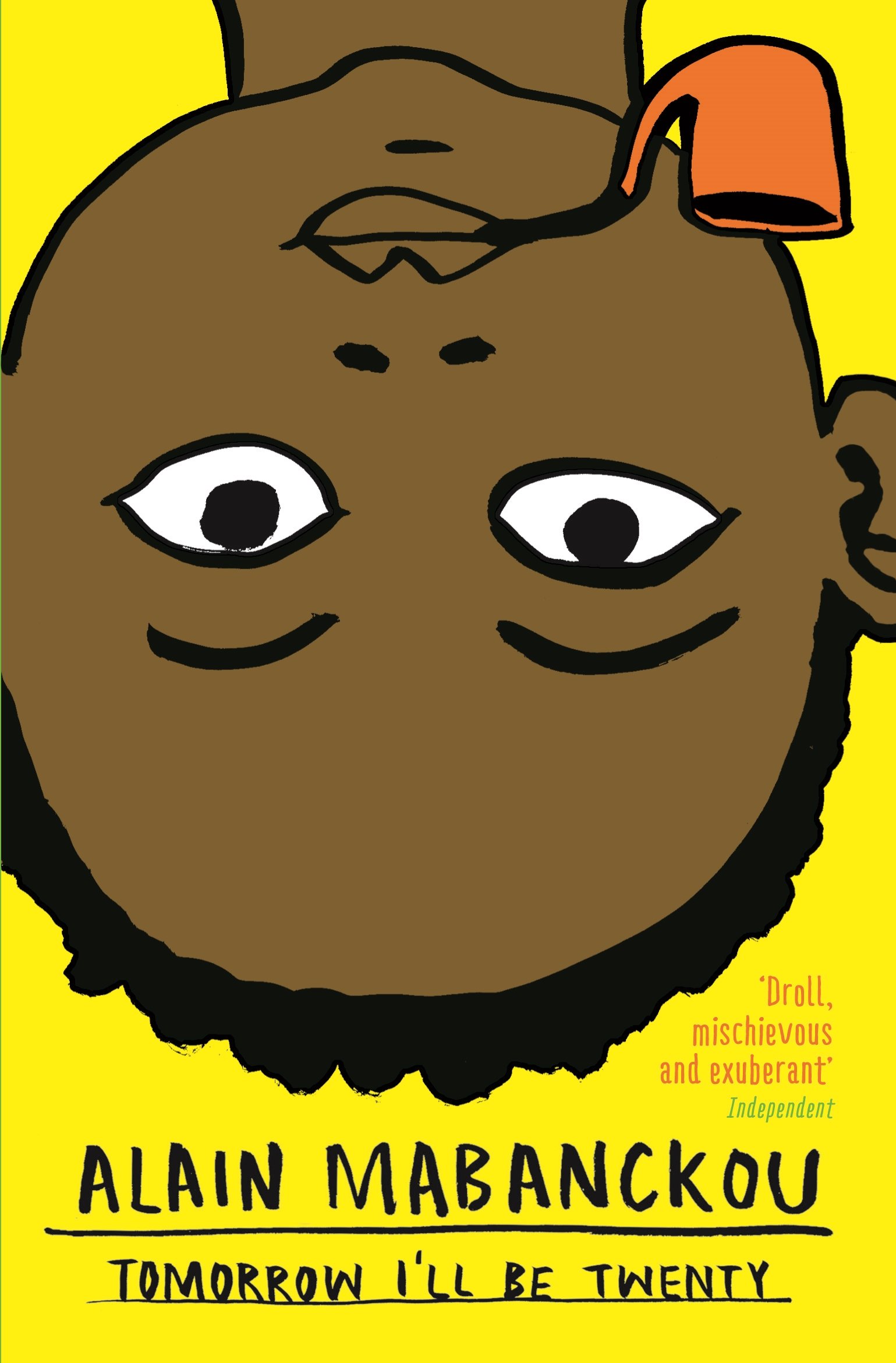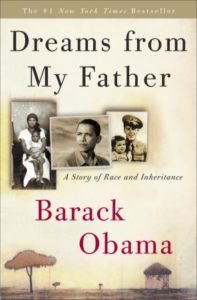
The book Dreams from My Father by Barack Obama was first published in 1997. It is a story of race and inheritance. The story is an attempt to access, to understand and to reclaim his roots. I find the book quite attractive because it brings the idea of a quest into view. This leads me to believe that most of our generation have missed the path, in the sense that we no longer care about who we are, where we come from, and how we found ourselves where we are.
Obama demostrates a sense of responsibility when he decides to retrace his steps from New York to Kenya. It is however important to note that Obama has changed some details in the text for, I think, two reasons:
1. Narrative essence
2. The safety and privacy of individuals involved.
2. The safety and privacy of individuals involved.
The book is divided into three sections;"Origins", "Chicago", and "Kenya". The first part focuses on Obama's childhood; his controversial birth, his growing up, migration, schooling, and family, among other things. Here, Obama recounts that while he did not have the luxury of growing up with his paternal grandfather or father, he had his maternal grandfather, who along with his mother, told him stories about his father who he barely knew. He admits that he might not be in a position to create sentiments for the evil effects of racism, due to the tolerant neighbourhood in which he grew, but that does not mean that his family did not struggle with being white and raising a black grandson.
In the narrative, Obama raises the issue of migration – most importantly, his relocation to Hawaii and growing up with a stepfather he became very fond of. Eventually, Obama leaves Hawaii to join his grandparents, where he completed his studies. During the course of the narrative, it is obvious that he is plagued with questions about his background and his father.
When he grew older and completed college, he decided to be an organiser. He explained that with his degree and its ability to get him a good job, he did not feel he was going to enjoy working as a professional.
When he grew older and completed college, he decided to be an organiser. He explained that with his degree and its ability to get him a good job, he did not feel he was going to enjoy working as a professional.
With the help of an employer, he was able to get a job as a community organiser. His first point of call was Chicago. While in Chicago, Obama tried to partner with schools, religious organisations and government agencies to bring about change mostly to the Altgeld community where he found himself. However, his efforts were frustrated either by the people he was trying to help or the churches and government agencies that he tried to partner with.
During his stay in Altgeld, he found cause to reflect on himself, his identity and his community, so that inspite of his earlier failed attempts to trace his roots from Kenya, he decided that he would at some time in the future embark on the journey of self discovery. The effects of the gaps in his past are obvious in his failure to acknowledge his biological father in his childood recollections and the short time he spent with Auma, his half-sister in the States.
Obama's effort at self discovery is obvious in his journey to Kenya. He was welcomed by Auma, from whom he had learnt the little he knew about home, his father (the old man), and other family members. His visit informed him a lot about himself and his lineage up until the generation of his grandfather. He met with his relatives – brothers, sisters, aunts, uncles, and grandparents. He ate local dishes, and asked questions about his Luo community and his father's history.
Along the line of discovery, he noticed similiarities in the lives of his ancestors; their struggles, their pride, their failures, the silence and the death… In the course of the journey, he also made reflections on cogent issues such as what is considered to be African, and the texture of being an African. Is it in the food? Or in the people? Or in their stories?
Every African can relate to various aspects of this story. Obama's book raises questions about responsibility, citizenship, family and community values and patriotism.
I think every inquisitive African who is not scared to face the truth about being African needs to read this book.
Every African can relate to various aspects of this story. Obama's book raises questions about responsibility, citizenship, family and community values and patriotism.
I think every inquisitive African who is not scared to face the truth about being African needs to read this book.

